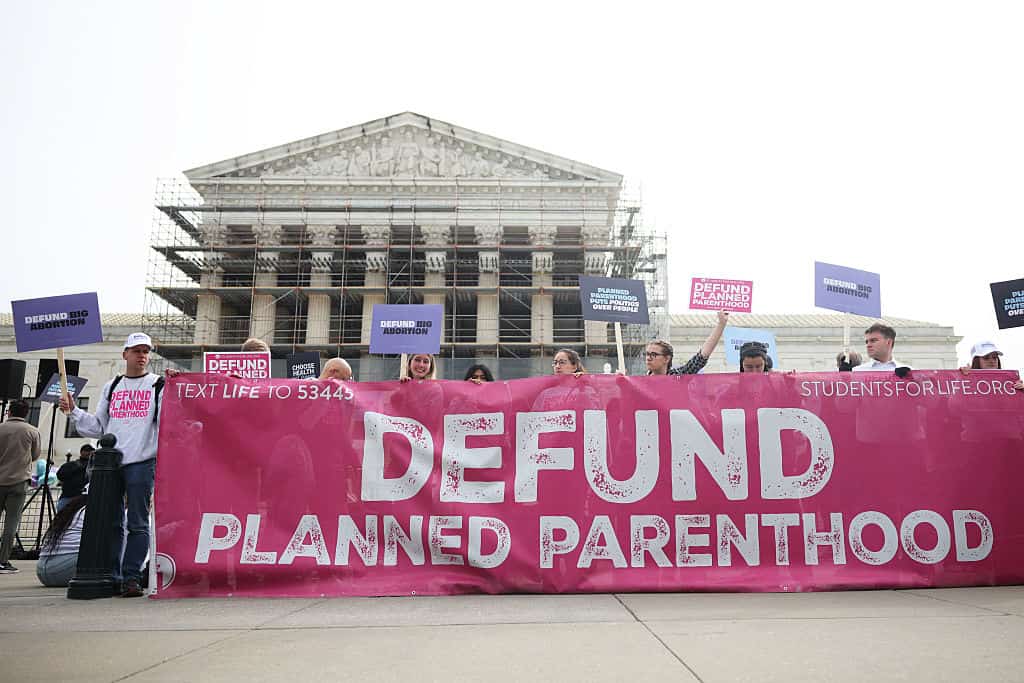No Church Closures, Other Pushback on COVID Restrictions Top State Ballot Initiatives in Texas, Pennsylvania
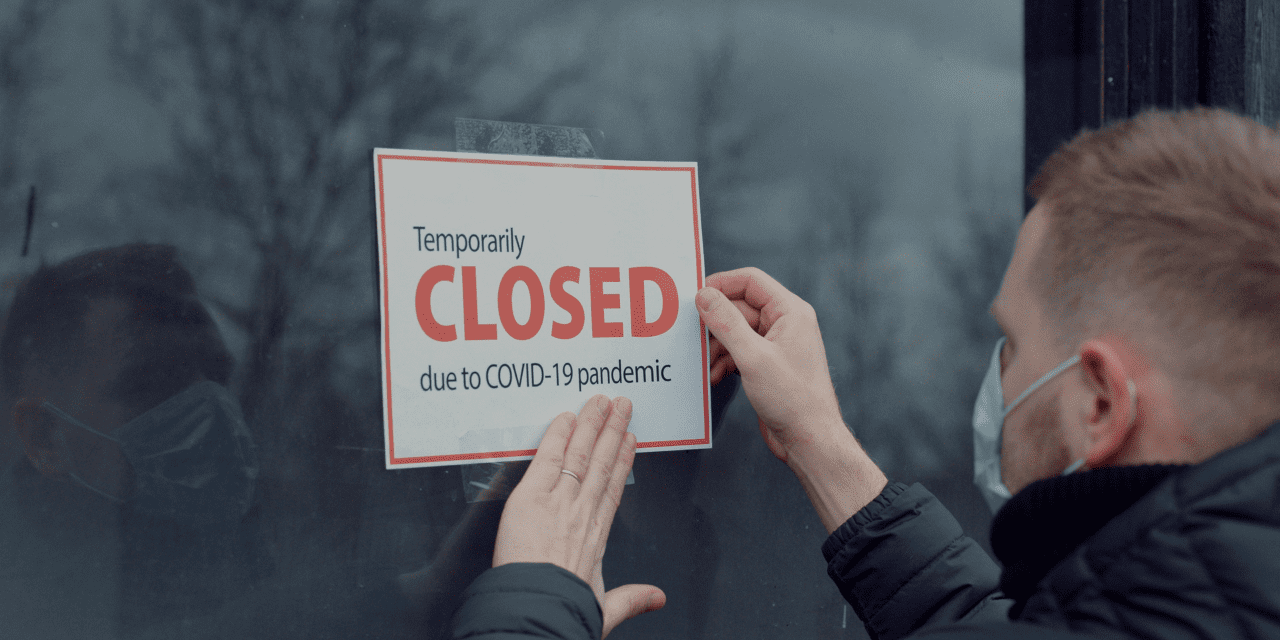
Ordinarily odd-year elections occur in a relatively few states and only for certain races or issues. But Tuesday’s general election does feature potential guarantees against government overreach during public emergencies in Texas, while Pennsylvania voters have already passed such measures.
In Texas, Proposition 3 and Proposition 6 are ballot initiatives that address two important issues the entire country grappled with in one form or another over the course of the COVID-19 pandemic: the closure of, and/or attendance restrictions imposed on, churches and other religious organizations; and nursing home restrictions on visitors that left many elderly patients isolated from family members.
Prop 3 would amend Article 1 of the state constitution by adding a new section to the Texas Constitution to prohibit the state or any political subdivision from enacting a law, rule, order, or proclamation that limits religious services or organizations.
Even in Texas, which as a general rule is more freedom-friendly than many states, many county governments mandated restrictions on church activities back in March and April, 2020, at the onset of the pandemic. Those counties are home to the largest cities in Texas, including Bexar, Dallas, Denton, El Paso, Harris, Lubbock, Nueces, Tarrant, Travis, and Webb.
According to Texas Values, a Focus on the Family ally, in one Texas town, police officers circled a church parking lot while parishioners were having outdoor services. In two other cities, worshippers had to pursue legal action against the city government for unfair closure and treatment of churches during the pandemic.
Prop 6 would protect residents of Texas nursing homes and similar facilities by ensuring they can always be visited by a designated caregiver, even during pandemic-related visitation restrictions.
According to the Texas Secretary of State’s office, Prop 6 “proposes a constitutional amendment establishing that residents of certain facilities have the right to designate an essential caregiver with whom the facility may not prohibit in-person visitation. The proposed amendment would apply to a nursing facility, assisted living facility, intermediate care facility for individuals with an intellectual disability, residence providing home and community-based services, or state supported living center. The proposed amendment also would authorize the legislature to provide guidelines for these facilities to follow in establishing essential caregiver visitation policies and procedures.”
Texas voters will decide the fate of those two ballot initiatives on November 2.
In Pennsylvania, voters have already passed two constitutional amendments this year restricting the power of the governor during declared emergencies. Pennsylvania, like other states, grants the state’s chief executive the authority to declare a public emergency, as well as exercise certain powers during those emergencies.
On May 18, voters in the Keystone State passed Question 1, which amended the state constitution to allow the Pennsylvania General Assembly to pass a resolution, which the governor cannot veto, by a simple majority to extend or terminate the governor’s emergency declaration.
Pennsylvania voters also passed Question 2, to limit the governor’s emergency declaration to 21 days unless the legislature votes on a concurrent resolution to extend the order and provide that the state legislature shall pass laws related to how disaster emergencies must be managed.
Unquestionably, the serious nature of the COVID-19 pandemic gave rise to many of the government overreach issues prompting these ballot issues. As executives and state health authorities invoked emergency powers to restrict individual rights and liberties for extended periods of time, the negative public reaction and a lack of checks and balances on those executive powers inevitably resulted in the voter pushback we’re seeing in various states, including Texas and Pennsylvania.
Photo from Shutterstock.
ABOUT THE AUTHOR

Bruce Hausknecht, J.D., is an attorney who serves as Focus on the Family’s judicial analyst. He is responsible for research and analysis of legal and judicial issues related to Christians and the institution of the family, including First Amendment freedom of religion and free speech issues, judicial activism, marriage, homosexuality and pro-life matters. He also tracks legislation and laws affecting these issues. Prior to joining Focus in 2004, Hausknecht practiced law for 17 years in construction litigation and as an associate general counsel for a large ministry in Virginia. He was also an associate pastor at a church in Colorado Springs for seven years, primarily in worship music ministry. Hausknecht has provided legal analysis and commentary for top media outlets including CNN, ABC News, NBC News, CBS Radio, The New York Times, the Chicago Tribune, The Washington Post, The Washington Times, the Associated Press, the Los Angeles Times, The Wall Street Journal, the Boston Globe and BBC radio. He’s also a regular contributor to The Daily Citizen. He earned a bachelor’s degree in history from the University of Illinois and his J.D. from Northwestern University School of Law. Hausknecht has been married since 1981 and has three adult children, as well as three adorable grandkids. In his free time, Hausknecht loves getting creative with his camera and capturing stunning photographs of his adopted state of Colorado.
Related Posts
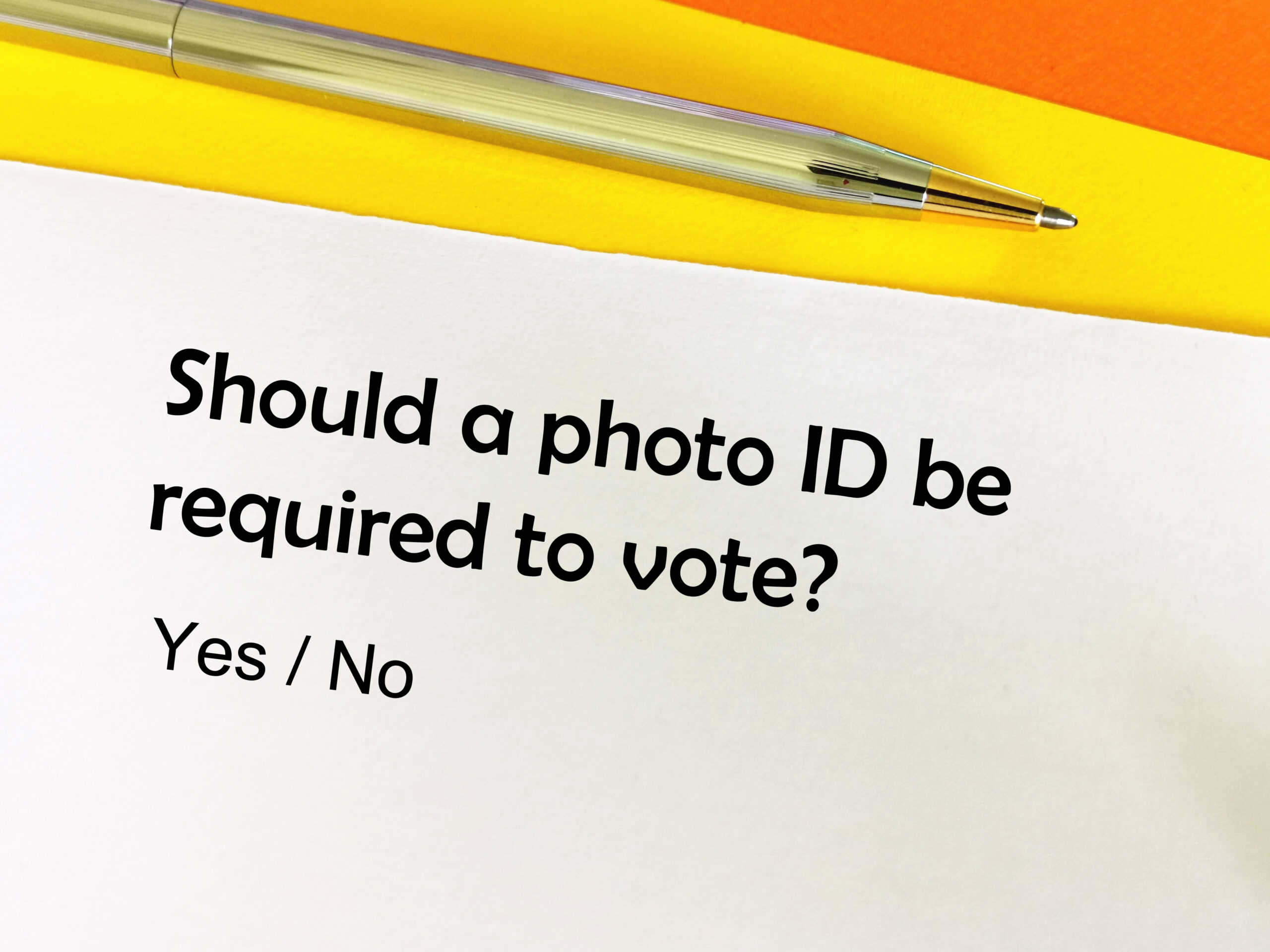
Is it ‘Voter Suppression’ to Require Proof of Citizenship to Vote?
February 10, 2026
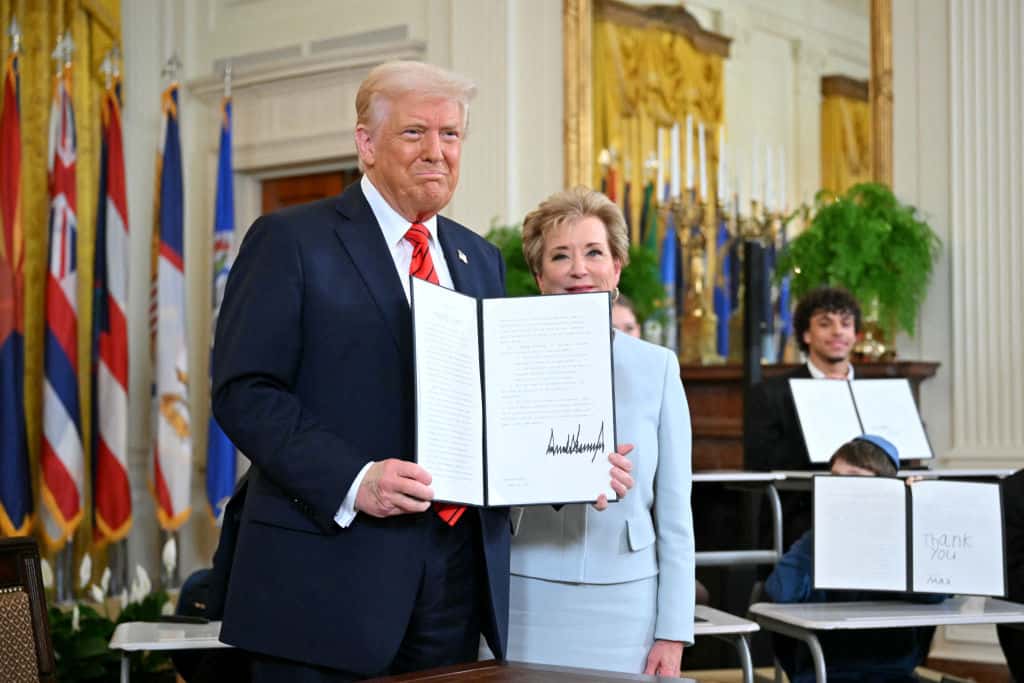
Education Department Celebrates National School Choice Week
January 30, 2026
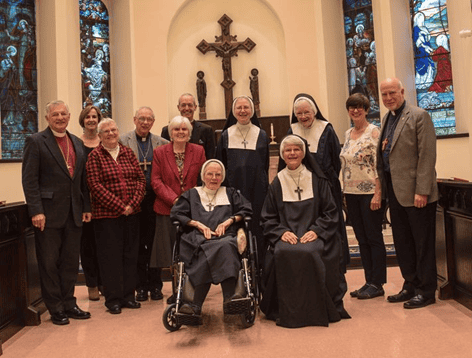
New York Ends Fight to Force Nuns to Pay for Abortions
January 27, 2026

